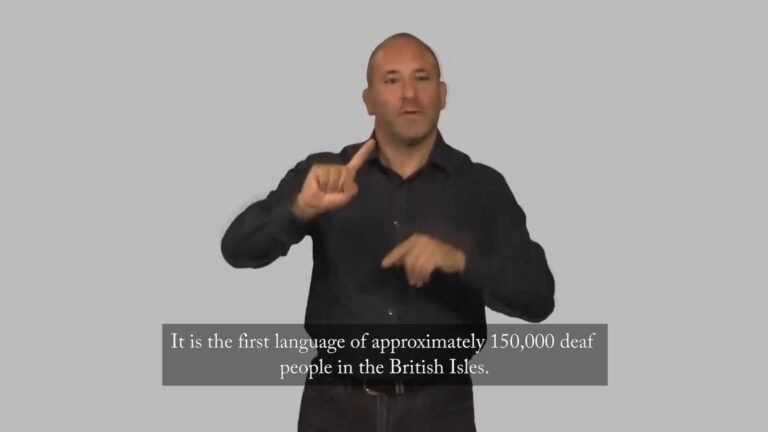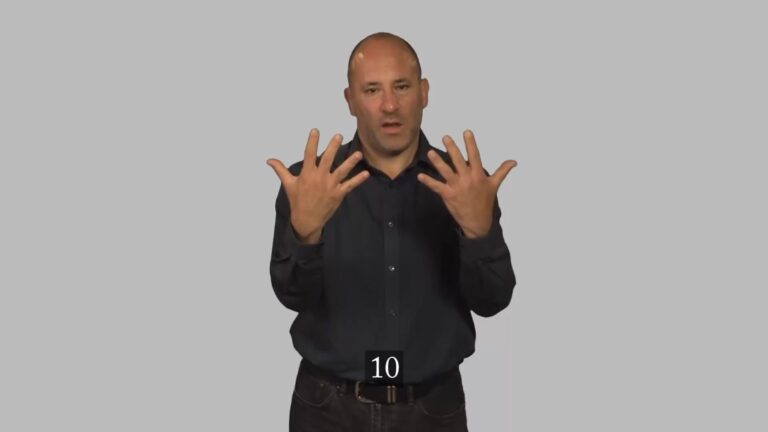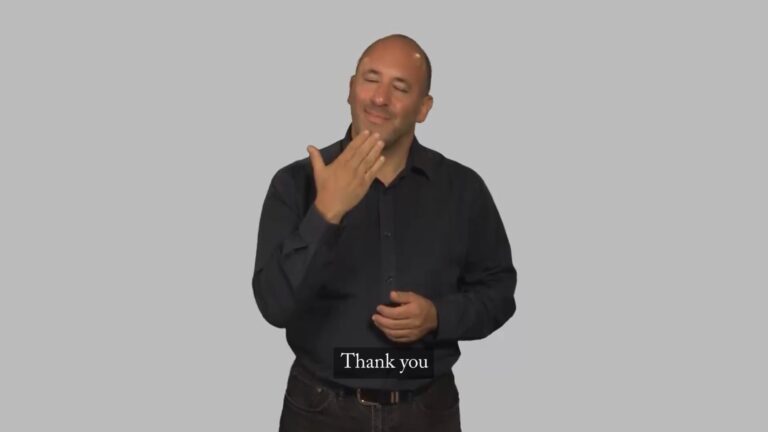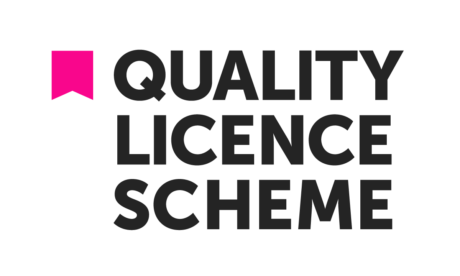
Course Library View the full range of courses
-

Accounting (92 courses)
- Project Finance
- Xero Accounting and Bookkeeping Online
- Sage 50 Accounting & Payroll
- Payroll Administrator Level 3 Diploma
- Introduction to VAT
- Financial Modelling Training
- Financial Statement Analysis
- Tax Accounting
- Internal Compliance Auditor
- Accounting and Finance Course for Managers
- View all Accounting courses
-

Employability (845 courses)
- Diploma in Data Analysis Fundamentals
- Office Administrator Skills
- Presentation Skills
- Building Surveyor Training
- Legal Secretary and Office Skills
- Hairdressing and Barbering
- Estate Agent Diploma
- Diploma in UK Employment Law
- Emotional Intelligence Training
- Hospitality Management
- View all Employability courses
-

Health and Social Care (128 courses)
- The Care Certificate Preparation
- Level 3 Diploma in Anatomy and Physiology of Human Body
- Mental Health Awareness Training
- Paediatric First Aid Training
- Emergency Medicine – Paramedicine
- Level 3 Diploma in Adult Care
- Play Therapy
- Health and Social Care Management
- Safeguarding Children Level 3
- Paediatric Nursing Assistant
- View all Health and Social Care courses
-

IT & Software (98 courses)
- Next.js Web Dev: Master this Powerful React Framework
- GDPR Challenges in Education
- Machine Learning for Aspiring Data Scientists
- CompTIA A+ Core 1 (220-1101) Course
- Learn 2D Animation with Adobe Animate
- Motion Graphics with After Effects
- Coding with Python 3
- Cyber Security
- Search Engine Optimisation (SEO) Training
- View all IT & Software courses
-

Language (58 courses)
- Teaching English as Foreign Language (TEFL) Certificate
- German Course for Beginners
- French Course for Beginners
- TEFL (TESOL) Course
- English Spelling, Punctuation, and Grammar
- Child & Adult Speech & Language Disorders Training
- Speech and Language Therapy Diploma
- British Sign Language (BSL) Level 1 & 2
- Body Language and Gesture Training
- Mastering Spanish Language
- View all Language courses
-

Management (346 courses)
- Diploma in Data Analysis Fundamentals
- Good Manufacturing Practice (GMP)
- Property Development and Management Course
- Compliance and Risk Management
- Quality Assurance (QA) Manager
- Estate Agent and Property Management Training
- Advanced Diploma in Stress & Anxiety Management
- Office Admin, Secretarial and PA Diploma
- Diploma in Hotel Management
- Supply Chain Management
- View all Management courses
-

Personal Development (1316 courses)
- Presentation Skills
- Legal Secretary and Office Skills
- Productivity Habits
- Minute Taking Course
- Essential IT Skills
- Excel: Top 50 Microsoft Excel Formulas in 50 Minutes!
- Self Esteem and Confidence Building Course
- Time Management
- Critical Thinking and Problem Solving Skills
- Personality Development
- View all Personal Development courses
-

Teach & Education (99 courses)
- Home Schooling Essential: A Parent’s Guide
- English Spelling, Punctuation, Grammar & Pronunciation
- Primary Teacher
- Leadership in Teaching
- English: Spelling, Punctuation, and Grammar
- Poetry Writing
- GCSE English
- GCSE Maths Preparation
- Diploma in Basic Chemistry
- English: Spelling, Punctuation and Grammar
- View all Teach & Education courses
Course Curriculum
| Perspectives in Psychology | |||
| What is Psychology | 00:08:00 | ||
| The Biological Approach | 00:10:00 | ||
| Behaviourist and Cognitive Approaches | 00:10:00 | ||
| Person-Centred Approaches | 00:09:00 | ||
| Research Methods in Psychology | 00:12:00 | ||
| Debates in Psychology | 00:13:00 | ||
| Social Psychology | |||
| Social Influence: Compliance, Obedience and Conformity | 00:10:00 | ||
| Social Cognition | 00:09:00 | ||
| Applied Social Psychology | 00:10:00 | ||
| Cognitive Psychology and Its Applications | |||
| Perception | 00:10:00 | ||
| Attention | 00:07:00 | ||
| Remembering (Memory) | 00:10:00 | ||
| Forgetting (Memory) | 00:07:00 | ||
| Language | 00:10:00 | ||
| Thinking (Cognition) | 00:07:00 | ||
| Attitudes | 00:10:00 | ||
| Problem-Solving and Artificial Intelligence | 00:09:00 | ||
| Child Development | |||
| Issues in Child Development | 00:05:00 | ||
| Cognitive Development | 00:07:00 | ||
| The Development of Language and Communication | 00:06:00 | ||
| Social Perception (Interpersonal Perception) | 00:06:00 | ||
| Moral Development | 00:09:00 | ||
| The Psychology of Atypical (Abnormal) Behaviour | |||
| The definition and Diagnosis of Atypical (Abnormal) Behaviour | 00:07:00 | ||
| Treatments of atypical (abnormal) behaviour | 00:07:00 | ||
| Emotional disorders | 00:05:00 | ||
| Research Methods | |||
| Research Methods | 00:06:00 | ||
| Research Issues | 00:06:00 | ||
| Data Analysis | 00:07:00 | ||
| Thank You and Good Bye! | 00:02:00 | ||
| Resources | |||
| Resources – Psychology Diploma | 00:00:00 | ||
| Mock Exam | |||
| Mock Exam- Psychology Diploma | 00:20:00 | ||
| Final Exam | |||
| Final Exam- Psychology Diploma | 00:20:00 | ||
| Assignment | |||
| Assignment – Psychology Diploma | 6 days, 2 hours | ||
| Recommended Materials | |||
| Workbook – Psychology Diploma | 1 week, 2 days | ||
| Order Your Certificate | |||
| Order your Certificate QLS | 00:00:00 | ||
Course Reviews
No Reviews found for this course.
Frequently asked questions
Can’t find the anwser you’re looking for ? Reach out to customer support team.
The "best" diploma in psychology depends on your career goals and educational background. For those starting out, a diploma offering a comprehensive overview of foundational psychology principles is ideal. For graduates, a postgraduate diploma specializing in a particular area (like clinical, educational, or counseling psychology) may be more beneficial.
A diploma in psychology can vary in level: 1. Level 3 Diploma: Equivalent to A-levels, introductory in nature. 2. Level 7 Diploma: Postgraduate level, suitable for graduates wanting to specialize further.
Yes, a graduate diploma in psychology is typically designed for those who have completed an undergraduate degree and wish to gain specialized knowledge in psychology without committing to a master's degree.
The duration can vary: 1. Undergraduate Diplomas: Usually one year full-time. 2. Postgraduate Diplomas: One to two years part-time.
A diploma in psychology can be valuable, especially if it aligns with your career goals or is a stepping stone to further education in psychology.
1. Complete a Bachelor’s Degree in Psychology or a related field. 2. Earn a Master’s Degree in Psychology; this is mandatory in most regions to become a licensed psychologist. 3. Undertake further specialization with a Doctorate in a specific area of psychology if necessary. 4. Obtain a license to practice psychology, which typically requires additional exams and supervised experience.
Psychology can be offered as both a Bachelor of Science (BSc) and a Master of Arts (MA), depending on the focus of the program. BSc programs typically emphasize scientific research and methodologies, whereas MA programs may focus more on theoretical and applied aspects of psychology.
No, a graduate diploma is not equivalent to a master's degree. It is shorter and usually focuses on specific practical skills or knowledge areas, whereas a master's degree provides a deeper and more comprehensive understanding of a subject.
No, a graduate diploma is a postgraduate qualification that requires prior completion of an undergraduate degree. It is different from a bachelor’s degree, which is an undergraduate qualification.
A Level 7 Diploma in Psychology is a postgraduate qualification aimed at providing specialized knowledge that can lead to professional practice or further studies at the master's level. It is considered advanced and suitable for those who already have a background in psychology or a closely related field.
Level 7 refers to a postgraduate level of study in the UK education system, equivalent to master’s-level coursework, which focuses on advanced topics in psychology.
A Level 3 Diploma in Psychology is an introductory course equivalent to A-levels. It covers basic concepts and theories in psychology and is suitable for those beginning their psychology education.
Yes, psychology can be a rewarding career, offering diverse opportunities in clinical settings, educational institutions, corporate environments, and research. It allows professionals to make significant impacts on individual lives and communities.
Yes, a qualification in psychology is valuable as it develops critical thinking, understanding of human behavior, and analytical skills that are applicable in various professional contexts.
Whether a B.A. or B.Sc in psychology is better depends on your interests and career aspirations: 1. B.A. (Bachelor of Arts) might be preferable if you're interested in the counseling, social work, or educational aspects of psychology. 2. B.Sc. (Bachelor of Science) might be more suitable if you're interested in the scientific, research-oriented, or clinical aspects of psychology.
There are no specific prerequisites for this course, nor are there any formal entry requirements. All you need is an internet connection, a good understanding of English and a passion for learning for this course.
You have the flexibility to access the course at any time that suits your schedule. Our courses are self-paced, allowing you to study at your own pace and convenience.
We want you to have a positive learning experience. If you're not satisfied with the course, you can request a course transfer or refund within 14 days of the initial purchase.














